
views
X
Research source
It is a very difficult process, however, and it requires years of experience, a vast knowledge of biblical laws, and experience with the anatomy of the animal being slaughtered.[2]
X
Research source
While you will not be able to do this yourself, because of the training involved, you might want to know the processes so you can understand why the price is considerably higher.
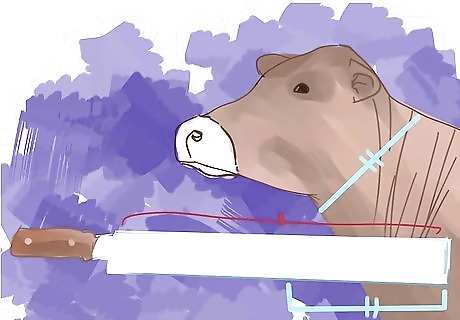
Select a knife (called a chalif) of the appropriate size. The length of the blade is twice the width of the animal's neck.
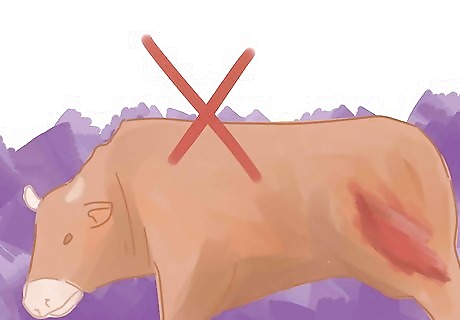
Thoroughly examine the animal prior to slaughter. If the animal is ill or injured, it is no longer considered Kosher. This has two purposes. First, it ensures the quality of the meat because an ill or injured animal should not be eaten anyway. Second, it provides a disincentive for Kosher farms to partake in the methods of other farms, because if the cow is hurt in any way, it cannot be slaughtered.
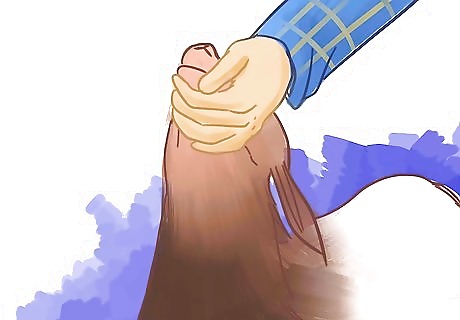
Restrain the animal so that the slaughtering can be done correctly and painlessly. If the animal is injured during the restraining, it is no longer considered kosher.
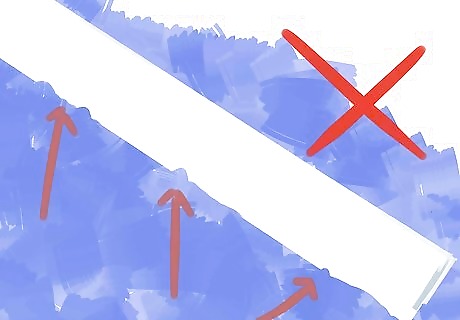
Inspect the blade of your knife. Make sure that there are absolutely no nicks or unevenness. Any blemish on the blade at all, even one big enough for a human hair to fall into, renders the knife unacceptable for kosher slaughter. The knife must be sharpened to such a sharp point that if the Shochet were to slice of their finger, they would feel no pain.
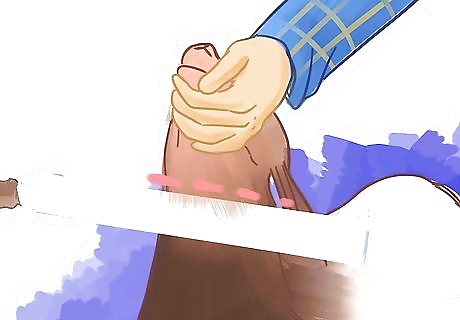
Cut the esophagus, trachea, carotid arteries, and jugular veins in one quick incision. The incision must not at all pull or tear, and must be performed in one motion free of any pause. If done correctly, the animal will die within 2 seconds.
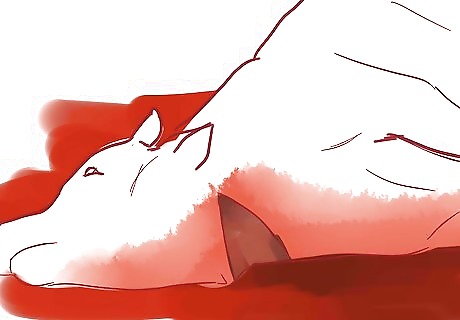
Drain the blood of the animal completely. Eating blood is not Kosher, because the blood contains the soul of the animal.
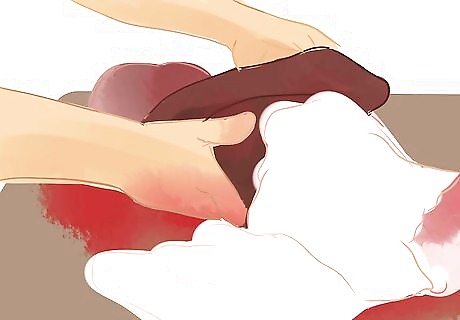
Examine essential organs of the animal. For mammals (cows, sheep, goats, etc.), make sure there are no defects. The lungs must be inflated to check for unwanted holes, and for signs of lung disease. If there are holes or signs of active lung disease, the cow is not considered kosher.
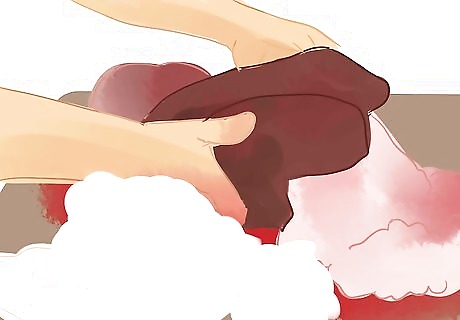
Remove non-Kosher parts from the hind quarters of the animal. These include the blood vessels and the sciatic nerve (unless you are Ashkenazi and have no tradition of its removal).> As with the lungs, this only applies to mammals.
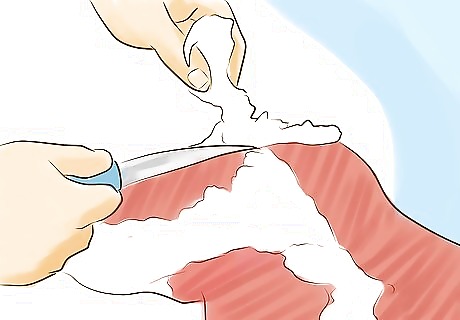
Remove all fat surrounding the vital organs. Internal fat, known in Hebrew as "cheilev," is not considered Kosher.













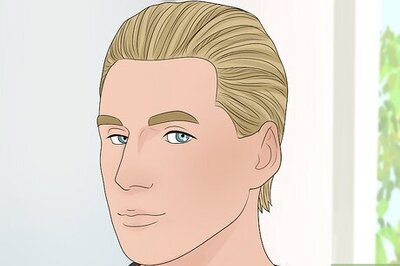
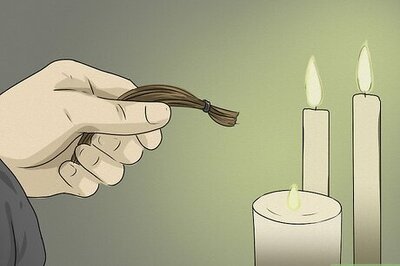

Comments
0 comment